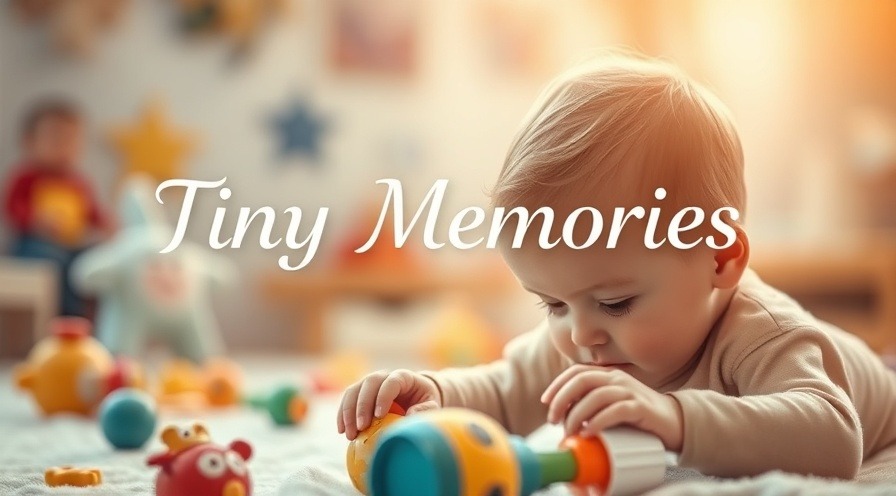
Unlocking the Mystery of Infant Memories: Insights from Brain Scans
Why can't we recall our earliest moments? This age-old question has fascinated scientists and parents alike. Recent research, spearheaded by cognitive neuroscientists like Nick Turk-Browne and Tristan Yates, delves into the intricate workings of babies' brains to uncover why our earliest memories remain elusive. The latest developments in mental health and wellness news shed light on how infants form memories that may simply be inaccessible as they grow.
Babies’ Brains: A Closer Look
Using state-of-the-art fMRI technology, researchers have begun studying the minds of infants—albeit with some challenges. Keeping a wiggly infant still for observation is no easy feat! Yet, insight gained from scanning these tiny brains reveals that babies can indeed make memories during their first years of life.
Understanding Memory Formation in Infancy
Research indicates that although babies create memories, they might not be able to access them later on. This phenomenon raises intriguing questions about how we process experiences and what roles these early memories play in our development. Important milestones—like learning to recognize caregivers, developing language, and beginning to walk—occur during these crucial early years. Each experience molds our future selves, even if conscious recollections remain locked away.
Implications for Mental Health and Wellness
Understanding how memories are formed in infancy may provide insights into the building blocks of mental health later in life. Early experiences shape our perceptions, interactions, and mental well-being as adults. As trends in holistic wellness practices continue to rise, this research reminds us that nurturing emotional development from the earliest moments can have lasting positive effects.
Connecting Research with Real Life
This research resonates with parents who wonder about the impact of their early interactions with their infants. By creating engaging environments filled with love, communication, and exploration, parents can shape healthy psychological outcomes. This reinforces the importance of conscious parenting techniques and their potential benefits for mental health.
Incorporating Insights into Daily Life
For those invested in health, wellness, and thriving, these insights serve as a guide to focus on factors that nurture development during infancy. Integrative health approaches that emphasize emotional well-being can empower parents and caregivers. Engaging in meaningful activities, fostering connections, and promoting sustainability in early childhood settings can foster healthier communities.
A Glimpse into the Future of Memory Research
Looking ahead, emerging trends indicate that memory formation in early childhood will continue to be a pivotal area of study. As researchers unveil the complexities of the infant mind, there is much to learn about the influence of prenatal conditions, environmental factors, and enrichment opportunities on cognitive outcomes.
Understanding early memories opens channels for preventative health strategies. The development of mental health therapies can adapt to childhood experiences, improving outcomes as individuals transition into adulthood. Moreover, as corporate wellness programs expand, acknowledging emotional development can prioritize both individual and organizational well-being.
Final Thoughts and Call to Action
The fascinating relationship between infant memory formation and holistic health should motivate parents, educators, and community leaders to explore innovative, supportive practices. Emphasizing emotional safety and developmental care can not only nurture infants but also create a more robust future generation. So, as we celebrate these groundbreaking revelations, let's advocate for developmental approaches that honor our earliest beginnings and support thriving communities.
 Add Row
Add Row  Add
Add 




 Add Row
Add Row  Add
Add 

Write A Comment